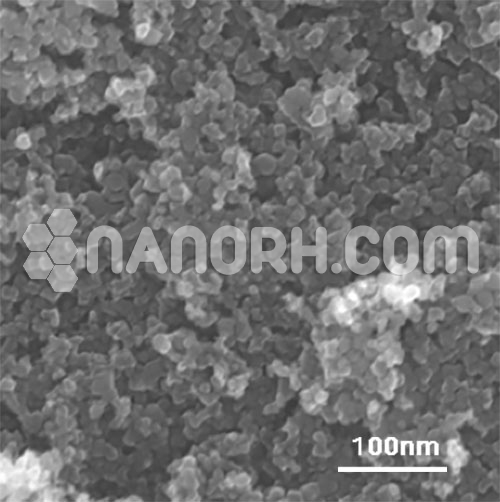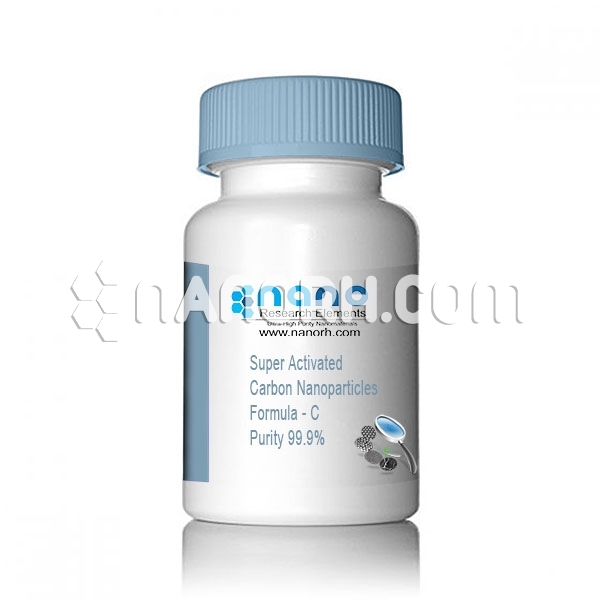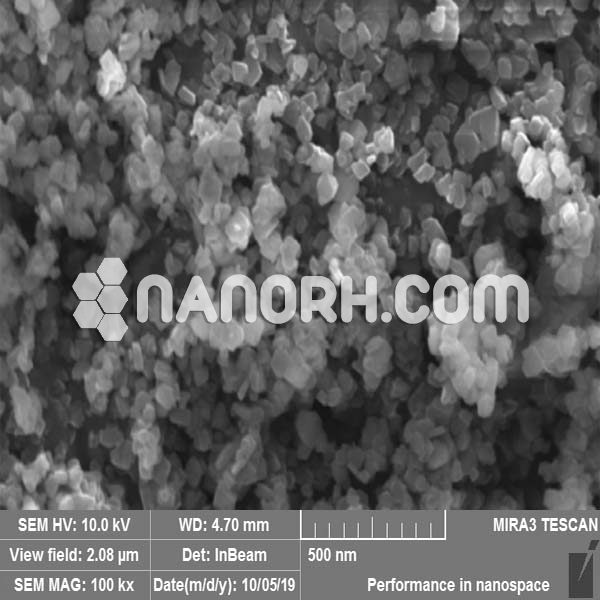| Lithium Borohydride Nanoparticles | |
| Product No | NRE-5132 |
| CAS No. | 16949-15-8 |
| Formula | LiBH4 |
| APS | <100nm (Can be Customized) |
| Purity | 99.9% |
| Color | White |
| Molecular Weight | 21.78 g/mol |
| Density | 0.66 g/cm³ |
| Melting Point | 268 ºC |
| Boiling Point | 380 °C |
Lithium Borohydride Nanoparticles
Applications
Hydrogen Storage and Fuel Cells:
Lithium borohydride is primarily researched for its potential in hydrogen storage systems. Due to its high hydrogen content, it can store a large amount of hydrogen in a compact form. In nanoparticle form, the dehydrogenation process is more efficient, making it ideal for use in hydrogen-powered fuel cells and hydrogen storage devices for vehicles and portable power sources.
Catalysis and Chemical Synthesis:
LiBH₄ nanoparticles are used as a reducing agent in catalytic hydrogenation processes, where they help reduce organic compounds such as carbonyls and nitro groups. These nanoparticles also serve in chemical synthesis to produce fine chemicals, such as pharmaceuticals and polymers. Their high surface area and reactivity make them effective for these applications.
Energy Storage Devices:
In addition to fuel cells, LiBH₄ nanoparticles are explored in the development of batteries and supercapacitors. The hydrogen release properties of LiBH₄ allow it to be integrated into advanced energy storage devices, which could revolutionize portable electronics and renewable energy systems.
Reduction Reactions in Organic Chemistry:
LiBH₄ is commonly used in organic chemistry as a powerful reducing agent for reactions such as hydrogenation and reduction of carbonyl compounds (like aldehydes and ketones). LiBH₄ nanoparticles improve the reaction rates and selectivity in these processes.
Environmental Applications (Pollution Control):
Due to its high reactivity, LiBH₄ nanoparticles can be utilized in the reduction of pollutants such as heavy metals or toxic organic compounds. The ability of these nanoparticles to react with and neutralize contaminants could play a role in water treatment, soil remediation, and air purification technologies.
Challenges and Safety Considerations:
Reactivity and Safety:
LiBH₄ is highly reactive, particularly when exposed to moisture, air, or high temperatures. Its handling requires careful precautions, as it can release hydrogen gas or catch fire in contact with water. Proper storage and protective measures are essential.




